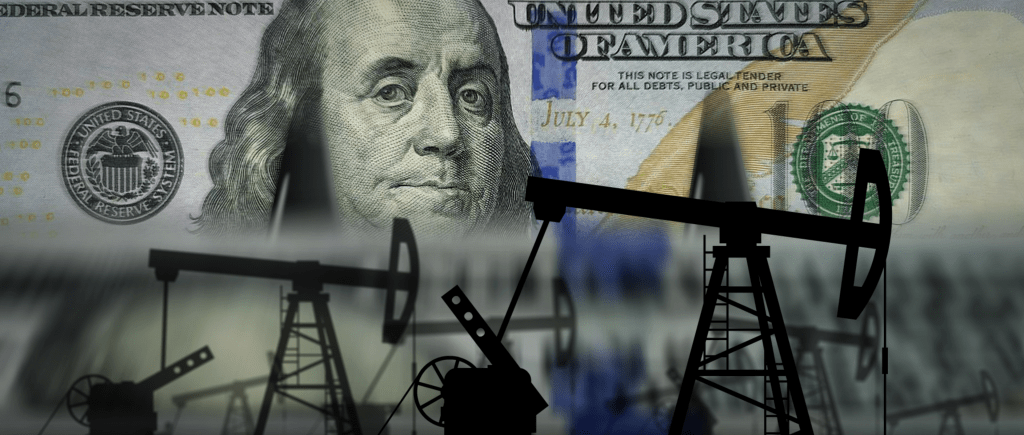At the time of writing, WTI picks up bids towards $84.00, extending the late Monday’s recovery during the initial Asian session on Tuesday. The oil benchmark’s latest recovery takes clues from a bullish Doji candlestick and Momentum line.
Oil prices fell about 2% on Monday, hit by investor concerns over the possibility of quicker than expected interest-rate hikes by the US Federal Reserve that took down risk markets such as equities while the dollar rallied.
Wall Street stocks slumped, after last week posting their worst week since 2020, pulling down other risk assets like crude.
Everything is being taken out to the wood shed and the wood shed is a pretty crowded place. Brent crude fell $1.62, or 1.8%, to $86.27 a barrel, while WTI crude settled down $1.83, or 2.2%, to $83.31.
Both benchmarks rose for a fifth week in a row last week, gaining about 2% to reach their highest since October 2014. Oil prices are up more than 10% this year on the concerns over tightening supplies and OPEC+ now struggling to hit a targeted monthly output increase of 400,000 barrels per day.
The Relative Strength Index, a measure of short-term market sentiment, had until Monday been trading at levels considered indicative of a near-term correction in oil.
As for the big picture, commentators believe oil is going higher over the long run, but short-term overbought and juiced up on geopolitical risk. Stocks fell while the dollar rose to a two-week high on Monday against a basket of currencies, lifted by the tension between Russia and the West over Ukraine and the possibility of a more hawkish stance from the Fed this week.
Tensions in Ukraine have been increasing for months after Russia massed troops near its borders, fueling fears of supply disruption in Eastern Europe. In the Middle East, the United Arab Emirates intercepted and destroyed two Houthi ballistic missiles targeting the Gulf country on Monday after a deadly attack a week earlier.
Further escalation of the situation in both Ukraine and the Middle East “justify a risk premium on the oil price because the countries involved – Russia and the UAE – are important members of OPEC+.
Chiefs of major US oil companies Occidental Petroleum Corp and ConocoPhillips (COP.N) offered differing outlooks on the growth of US oil output at a conference Monday.
Barclays raised its average oil price forecasts by $5 a barrel for this year, citing shrinking spare capacity and elevated political risks. The bank follows a similar move by Morgan Stanley last week, which expects to see $100-a-barrel oil by the third quarter.
 Noor Trends News, Technical Analysis, Educational Tools and Recommendations
Noor Trends News, Technical Analysis, Educational Tools and Recommendations





